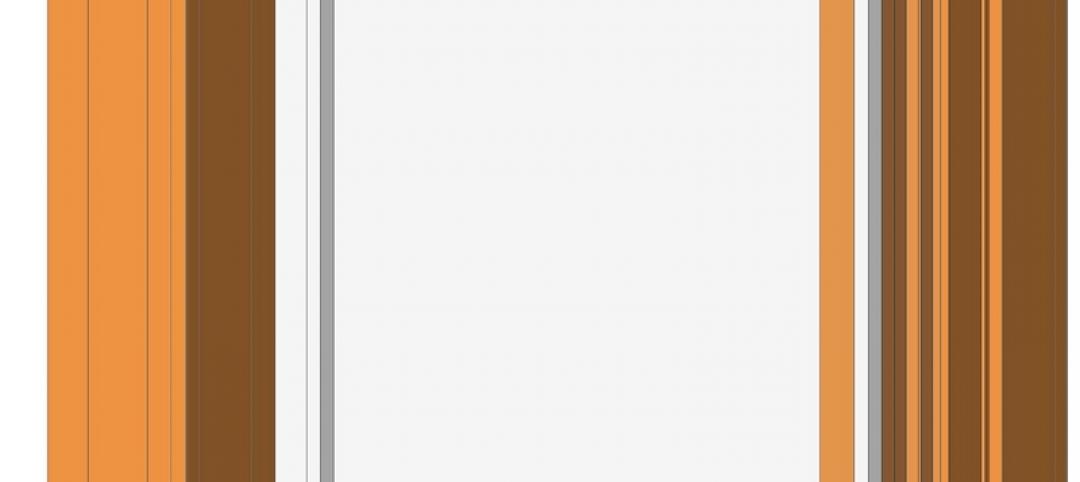The quality of infrastructure in the U.S. ranks just 19th in the world, trailing countries such as Oman, Portugal, and Spain, according to the World Economic Forum’s Global Competitiveness Report. Financially strapped state and local governments are responsible for the poor showing.
The American Society for Civil Engineers (ASCE)gave the U.S. a D+ in its annual Infrastructure Report Card, saying the country needs to invest $3.6 trillion by 2020 to upgrade our infrastructure. Infrastructure spending continues to lag, even while the economy adds jobs, GDP continues to grow, and home sales rebound following the recession.
States, counties, and cities, which are primarily responsible for funding schools, roads, waste disposal facilities, and other community assets, are focused on paying down debt and don’t have the money for a needed infrastructure spending spree. In the last few years, the bond markets have issued few notes for new capital projects despite historically low interest rates, according to the Securities Industry and Financial Markets Association. Much of the current municipal bond issuance appears to be refinancing.
In addition, with the federal government’s Highway Trust Fund expected to run out of money in August unless Congress replenishes it, many state transportation projects are in limbo.
(http://fivethirtyeight.com/features/why-we-still-cant-afford-to-fix-americas-broken-infrastructure/)
Related Stories
| Aug 19, 2013
Philadelphia to enforce building energy benchmarking in October
The City of Philadelphia has begun to send out compliance notices regarding its Building Energy Benchmarking Law.
| Aug 19, 2013
Eliminating Fannie Mae, Freddie Mac part of Obama’s housing proposal
President Barack Obama this month outlined a series of policies he said would continue to boost the housing market, including a long-ignored legislative proposal that would allow more Americans to refinance at current low mortgage rates.
| Aug 19, 2013
HUD, New York City collaborate on research center to boost storm resilience
The U.S. Housing and Urban Development Department and New York City will collaborate on a project to create a new research institute and a city-federal park at Jamaica Bay, Queens.
| Aug 16, 2013
Dept. of Homeland Security offers tool to analyze building risk and resilience
The Integrated Rapid Visual Screening tool is designed to determine initial or relative risk and resilience for buildings based on visual inspection only.
| Aug 8, 2013
AAMA releases specification for non-residential fenestration BIM
The American Architectural Manufacturers Association (AAMA) released AAMA 912-13, Voluntary Specification for Non-Residential Fenestration Building Information Modeling (BIM).
| Aug 8, 2013
New green property index could boost REIT investment in more sustainable properties
A project by the National Association of Real Estate Investment Trusts (NAREIT), the FTSE Group, and the U.S. Green Building Council to jointly develop a Green Property Index could help REITs attract some of the growing pool of socially responsible investment money slated for green investments.
| Aug 8, 2013
Boston reaching for solutions to threat of rising sea levels on waterfront development
While Boston officials consider whether to enact new building codes to resist flooding stemming from climate change-induced rising sea levels, developers are already boosting resiliency on new projects.
| Aug 8, 2013
EPA’s National Stormwater Calculator aids developers
The Environmental Protection Agency has released an application called the National Stormwater Calculator that uses soil conditions and rainfall records to estimate annual rainfall and runoff for any location in the U.S.
| Aug 8, 2013
Bipartisan bill would strengthen model building codes to boost energy efficiency
The Energy Savings and Industrial Competitiveness Act, a bipartisan U.S. Senate bill, would strengthen model building codes to make new homes and commercial buildings more energy efficient.
| Aug 2, 2013
Design of world’s tallest wood skyscraper would be more sustainable than steel alternative
Architecture firm C. F. Møller has proposed building the tallest wooden building in the world in Stockholm, Sweden.
















